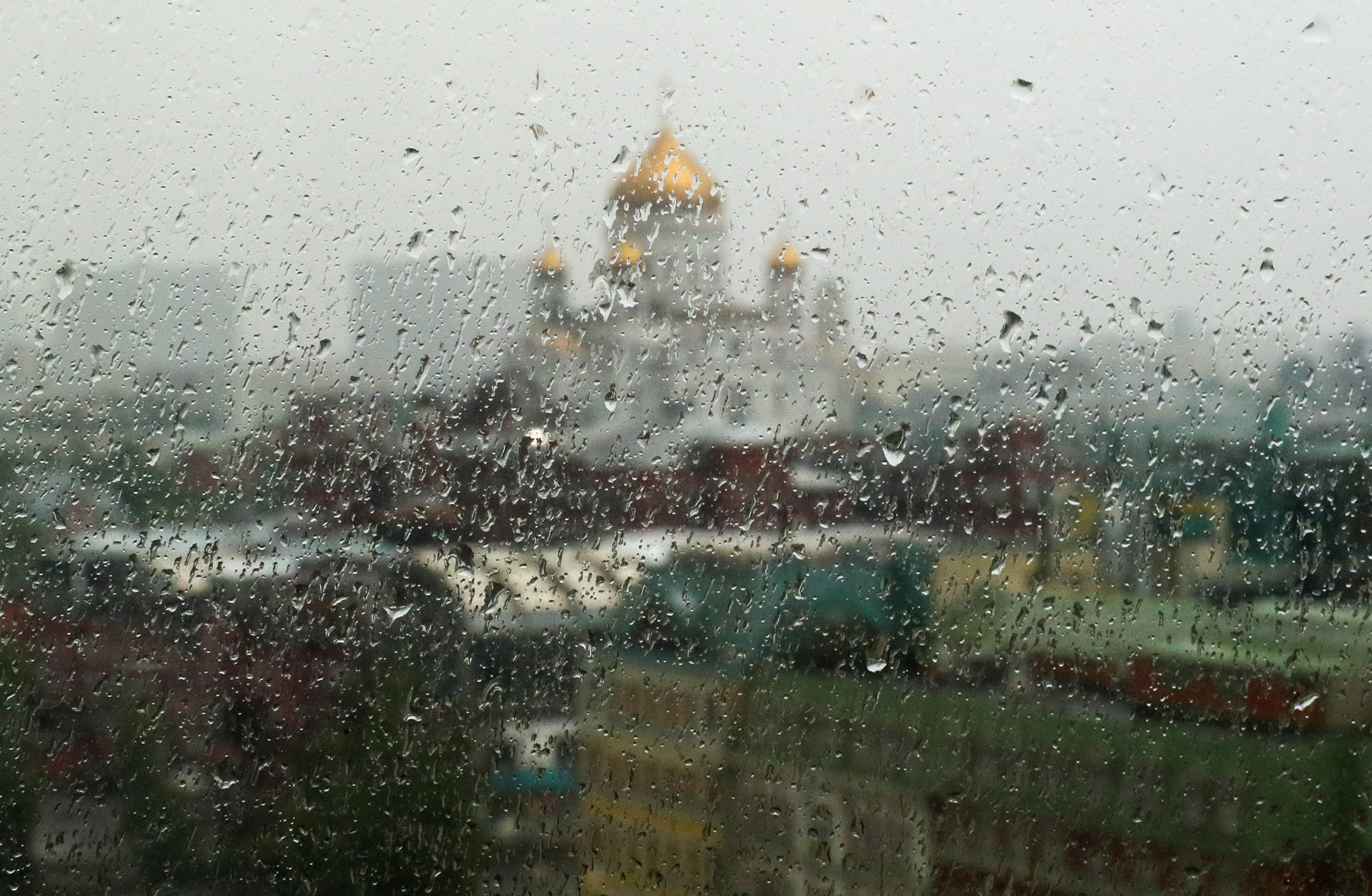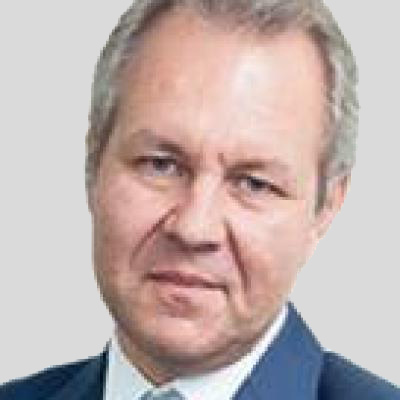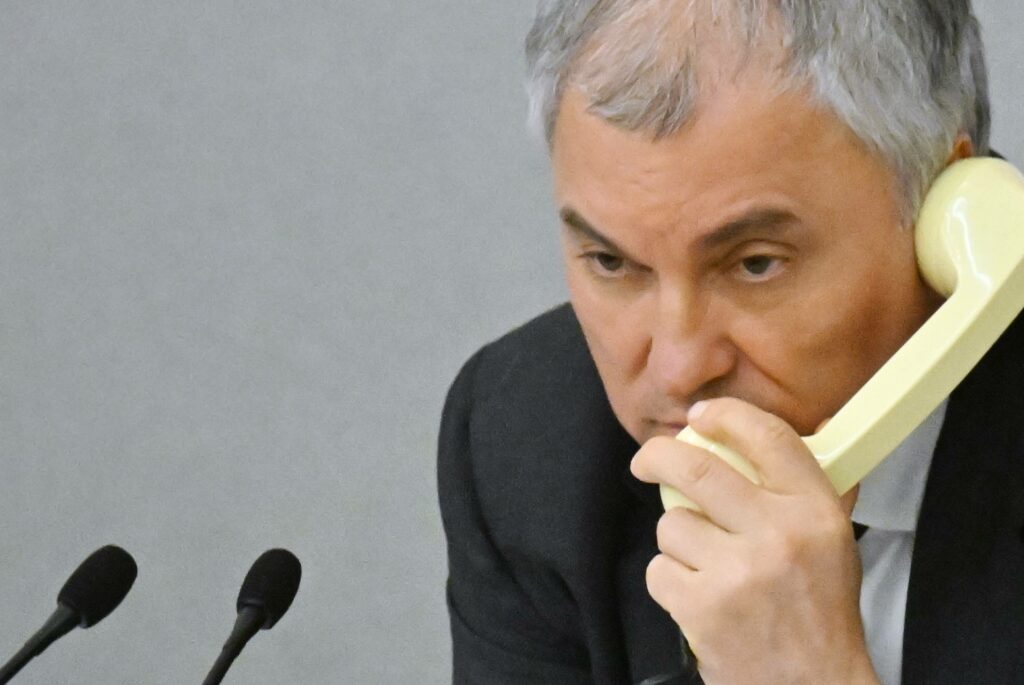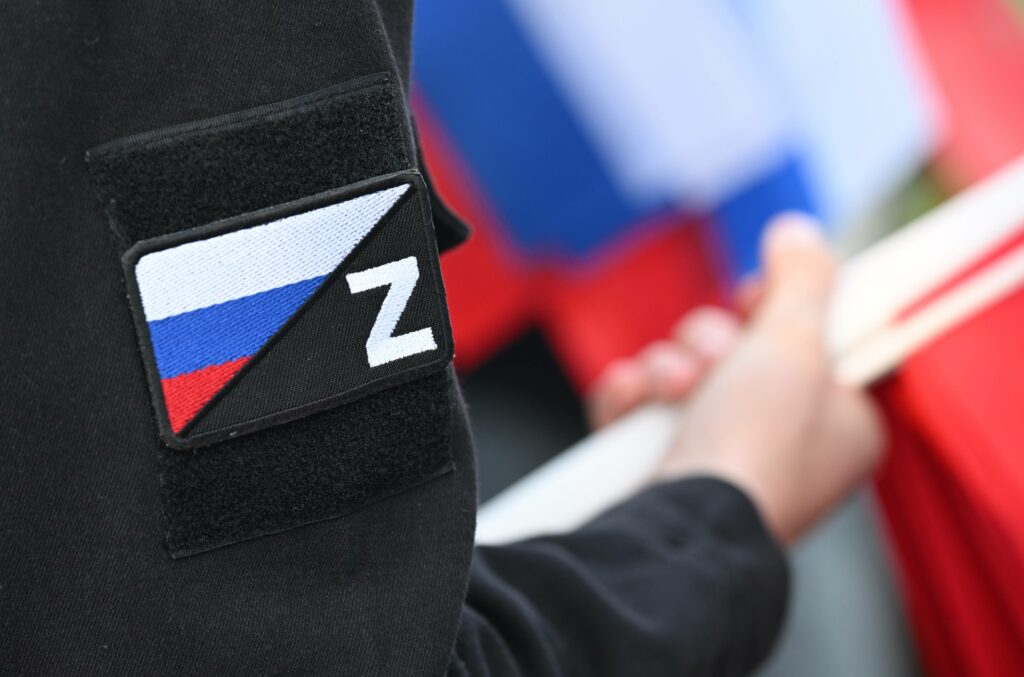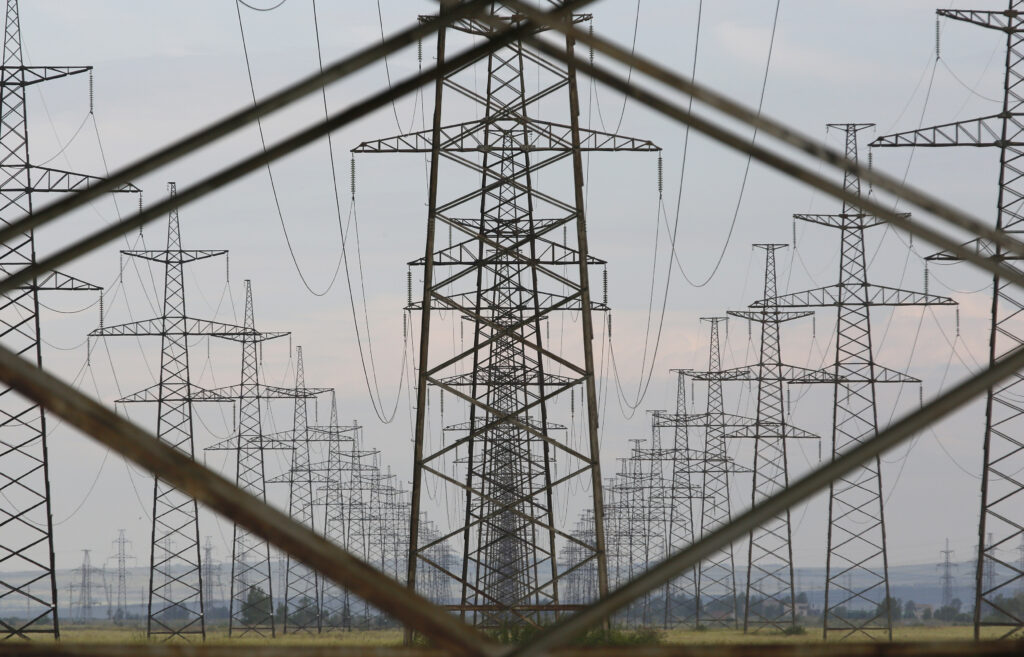Half a year ago, I wrote an article analyzing how Russian authoritarianism is maturing within its power structures. But it still left me wondering why Russian society allowed for the path of development that we all know.
Clearly, history played its part. The majority of Russians greeted the new century while dissatisfied with the first post-Soviet decade. The economy had collapsed. It created instability and destitution and spawned a new and often resented bourgeoisie. A once united country had disintegrated, leaving waves of refugees in its wake, destroying life as millions of people knew it. The collapse also formed the basis for future revanchist and imperialist moods. Democracy, meanwhile, did not breathe new political life. Instead, it only provoked a symbiosis of the old nomenklatura and a new financial oligarchy. Everything felt unsteady. But everyone also felt the futility of trying to destroy the new reality. Economic inequality was here to stay; no one could build a constitutional democratic government; the lost empire could not reassemble. This feeling had a significant influence on establishing the new order, a time when any achievement seemed like a miracle. Any gains from the system that were not tangible or usable were not seen as valuable.
The most worthless of these benefits, from Russians’ point of view, was the possibility to participate in politics. Starting with the 1996 elections, the system had put the people in their place and set the stage for the system’s ‘reordering.’ The first step of this process was the destruction of political life. This included the curtailing of federalism through districting and appointing presidential envoys, then canceling gubernatorial elections. Banning electoral coalitions, adding new requirements for party registration, and raising the electoral threshold clamped down on party dynamism. Constantly changing electoral laws and extending terms of office for high-level officials solidified the ruling elite’s grip on power. Conventional wisdom states that all this became possible in the 2000s due to rapid economic growth and huge profits from oil. Russians “traded freedom for sausages,” as the saying goes. But this seemingly obvious trope should be taken with a grain of salt. The rest of the world’s history tells a different story: rising prosperity leads to rising demand for political participation. And Russia went the opposite way. Yet, it is worth noting that the majority of Russians did not lose all that many freedoms; most actually gained some. Rather than discussing freedoms in isolation, it is more correct to analyze politics, which have been swiftly curtailed. During the “thaw” of the Medvedev presidency, while everyone talked of modernization and democracy, presidential and State Duma terms were extended, and the electoral threshold was raised to the maximum. By 2010, Russian politics were dealt a death blow. After some minor convulsions in 2011-2013, politics have been replaced by pure administration.
By the next decade, it was the economy’s turn to be purged. For the modern Russian elite, no real ‘economy’ actually exists. There is merely a set amount of assets for elites to use and from which to draw profits. The population is not an asset by itself: it is attached to the oil, gas, land, property, and other attractive things without which the powerholders’ system of enrichment cannot function. This view of the world implicitly led to an obvious outcome: the well-off percent of the population could be determined according to its utility. A citizen’s political utility lies in them voting the ‘right’ way. Their economic utility consists of their added value for their ‘masters,’ their tax payments, and their obligatory payment and consumption of whatever goods and services that oligarchic companies are willing to sell on the internal market. This type of economy is unique in that it does not need development. The ruling elite’s wealth comes not from growing asset capitalization, but from constant cash flow that exceeds its consumption. In this situation, a zero-level of growth is almost ideal. People’s quality of life does not rise, as they spend most income as soon as it is earned, thus preserving the need for future work. Meanwhile, elite wealth multiplies as it is withdrawn from profits and the state budget at a nearly constant rate. Predictably, the last decade saw a rapid fall in growth rates at its beginning (2011-2013), followed by stagnation sustained to this day. Prosperity fell for everyone except the ruling elites. Many experts theorized that the system could not remain stable amid falling incomes, but reality has disproven their hypothesis.
This means there was no such thing as a “Putin consensus” in the 2000s. And there is no point in searching for its successor in the 2010s. The same way that post-Soviet Russians did not care for politics, they do not care about the economy. It is much more important for them to keep their basic rights – and this does not include the right to participate in political life. They also want a basic level of prosperity: they care little for its constant growth and even less for the opportunity to run a business. This is why a “modern” economy in Russia disappeared in the 2010s, just like “modern” politics disappeared in the 2000s.
Extrapolating from this image of Russia’s recent history, we will see that at the start of the 2020s, the regime may face a far more serious challenge. There will be more at stake this time than the right to vote and run for office, or even than the regular growth in the quality of life. Freedoms that most Russians have taken for granted over the last twenty years will be on the line. This includes the freedom to leave the country, which will be increasingly held hostage to Russia’s foreign policy. Russians have not valued their freedom of speech all that much, but they probably will not enjoy the prospect of going to jail for sharing an innocent social media post. Freedom of information has been almost totally replaced by the propaganda machine and may get even worse under proposed Internet regulations. Russians will also have to ponder freedom of assembly not just at a mass protest, but even at an educational lecture given at a popular café. Even the right to privacy, threatened by increasing data collection capabilities, may culminate in the total control of citizens. Russians have showed that they can make do without modern politics and even without a normal economy. But it is an open question whether they are willing to give up their right to basic activities and everyday comforts.
The last thirty years made an obvious mark on Russian society, but not only as noted above. Besides lowering expectations for the present, recent history has distorted expectations for the future. The future has been devalued and replaced by something hard to describe.
A Soviet person’s value matrix in the 1980s differed from that of a modern Russian. Soviet people were raised (along with fantasies of building communism) within a paradigm of two absolute conditions. First, change such as conquering nature, technological progress, and social revolution was possible and desired. Second, progress was inevitable: tomorrow just “had to” be better than today. These two values became the factors that allowed Soviet people to roll up their sleeves for perestroika and wreck the communist order with a Komsomol enthusiasm that is difficult to imagine today. What happened next took its toll. The Brezhnev-era Soviet person could not dare to imagine inter-ethnic wars, cruel business practices, massive social displacement, or the lengths their own fellow citizens could go in the name of social opportunism. The events of the 1990s and 2000s dealt a terrible blow to the consciousness of millions of people. Rather than creating a new type of person, it destroyed that which existed. The new way of life killed any desire to strive for the future or expect anything positive of it. Today, we still barely understand how much Russian society is shackled by these experiences.
Analyzing most of Russia’s contemporary discourse, we see that it is focused on the past in absolute terms. Even without the authorities’ efforts, we debate whether we prefer the Soviet past – with its “humane” government, pensions, equality, free education, “friendship between peoples,” etc. – or the post-Soviet past – with its democracy, free markets, enterprise, and chance to transform oneself from a provincial college teacher into the First Vice Speaker of the State Duma within a few years. Just days ago, the 100-year anniversary of Andrei Sakharov’s birth showed how much all of us, even those who despise Russia’s current regime, still dream of the debates and ideals of an age that is gone and will never come back. Still, most people want to go “back” to something: some to the 1960s, others to the 1980s, and others to the 1990s and the early 2000s.
Idealizing the past has become our national pastime. The rejection of constructing an imagined future is locking Russians in the present. In the 1950s, Europeans imagined a supranational union and created the world’s most seemingly flawless political project. But all that we Russians have imagined is an ugly illusion of the post-Soviet economic space; we also somehow managed to seize Crimea from Ukraine. In the 1980s, China decided to open itself to the world and build a new economy from scratch, based on attracting investment and creating tens of thousands of manufactured products. All we could do was privatize and divide what was already built. Putin did not create Russians’ fear of the future and love of the past. He only uses these emotions. People do not look toward the future because they put such a premium on stability. Today’s Russian authorities propagate that stability and profit from it.
Today’s Russia is in a deep systemic crisis. Libertarians and conservatives alike would not challenge that. However, any ‘exit’ options from that crisis point backward, not forward. They attempt to bridge ‘today’ with ‘yesterday.’ Discussions about topics like corruption, transfer of power, pension and healthcare reform, economic competition, and independent courts all miss an obvious point: Russia is not that kind of ‘normal’ country in which the economic and political system needs a ‘fine adjustment.’ The country has fallen out of touch with the world. Its falling behind the world’s leading countries in technology, economy – and most importantly, in mentality – is measured not in years, but in generations. Without radically changing the point of view from which Russians look at themselves, at their country, and at the surrounding world, waiting for any serious changes is a fool’s errand.
Let us return to the start of this article. Yes, in the 2020s, Putin and Russia’s ruling elite are meeting more serious challenges than in the 2000s or the 2010s. They are determined to not just target political participation or material wellbeing. Their eyes are on the personal freedoms that the modern person values more than either of the above. However, it could very well turn out that the regime will manage to conquer even that high bar. This is because, first and foremost, Russians have lost their most important personal freedom: the freedom to dream or imagine an unknown future.
